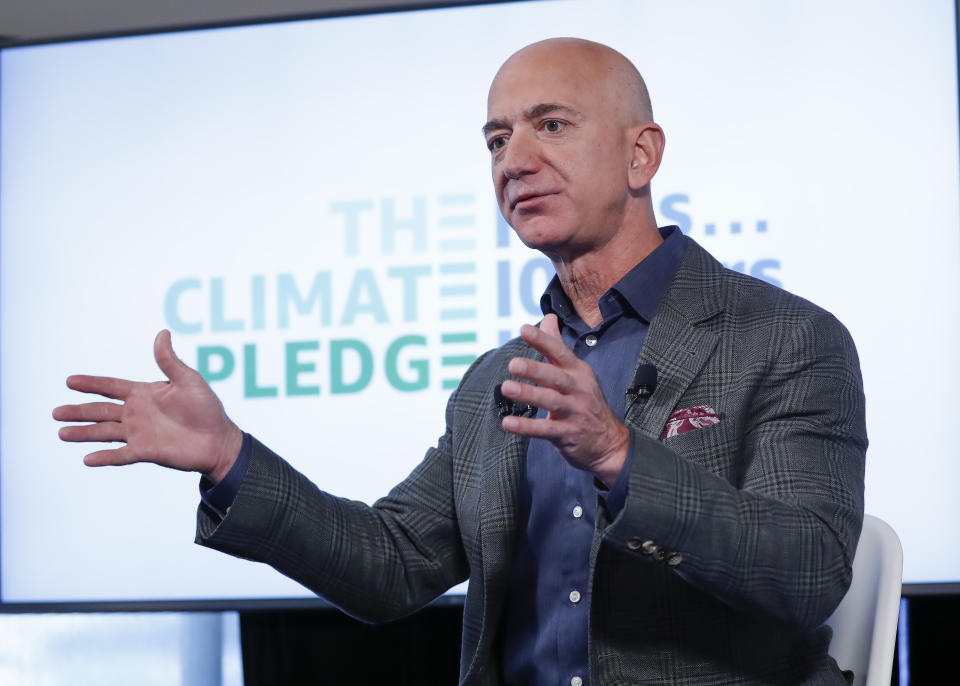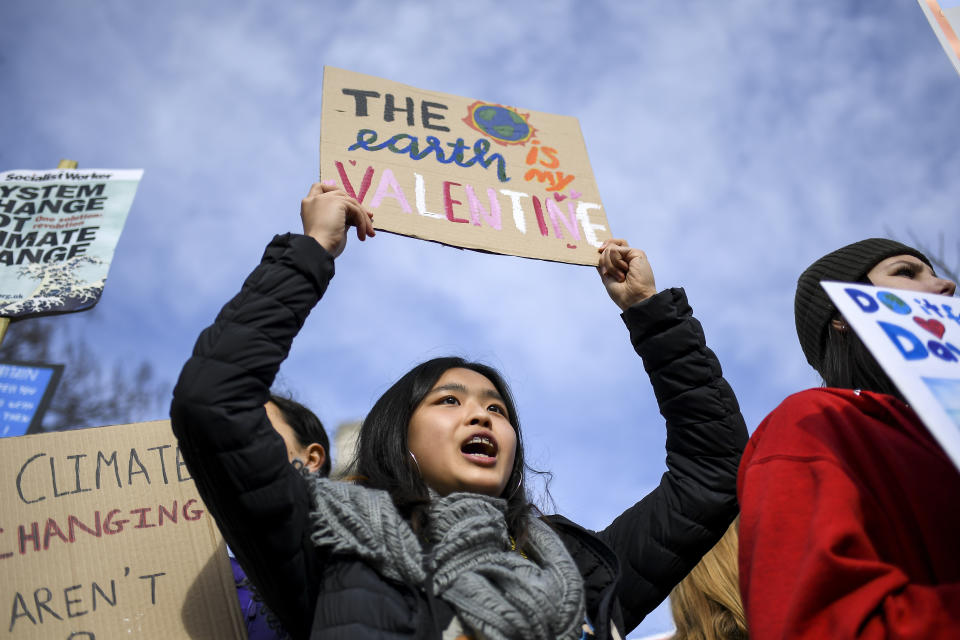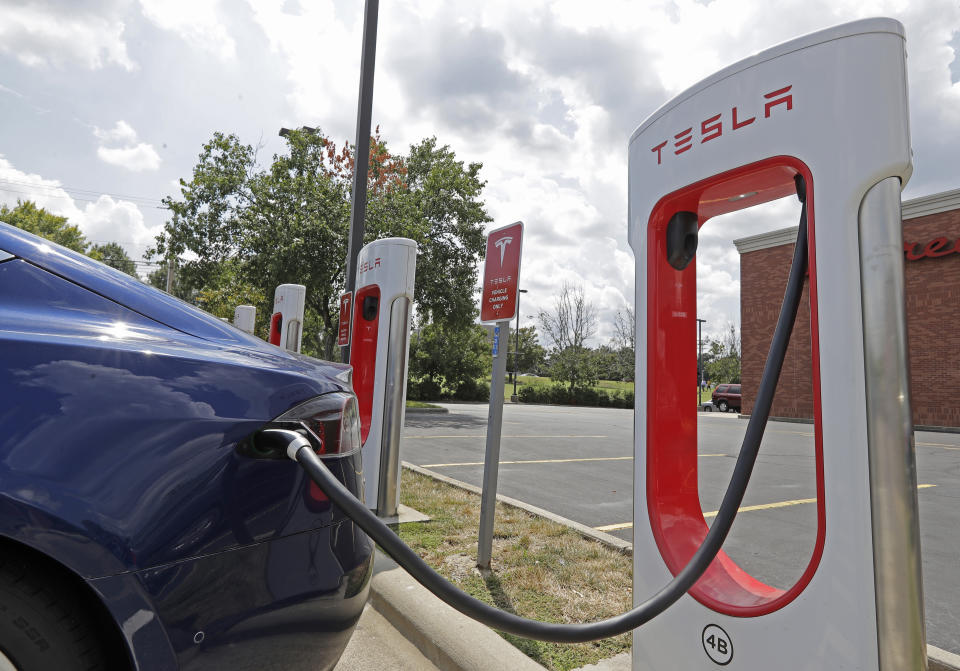3 climate experts weigh in on $10 billion launch of the Bezos Earth Fund
Amazon (AMZN) CEO Jeff Bezos, the world’s richest person, recently announced the formation of the “Bezos Earth Fund” to help counter the effects of climate change.
“I’m committing $10 billion to start and will begin issuing grants this summer,” the Amazon founder stated in an Instagram post. “Earth is the one thing we all have in common — let’s protect it, together.”
Bezos acknowledged that “climate change is the biggest threat to our planet” and further explained that the global initiative will “fund scientists, activists, NGOs” with grants starting this summer.
Yahoo Money reached out to climate experts for their opinions on how to best appropriate the funds to have the biggest impact. The insights provided underscore that climate change reversal is a much more complex problem than money itself can solve.

‘There isn't one thing that's going to fix climate change’
Scientists agree that reversing climate change is mission critical. But taking the first step isn’t as simple as it seems because all problems need to be addressed in sequential order and in concert.
“There isn't one thing that's going to fix climate change,” Debra Tillinger, Ph.D., a contract climate educator at the American Museum of Natural History, told Cashay. “That ship has sailed.”
Continued research and funding are needed in every sector. Chip Fletcher, a professor at the University of Hawaii at Mānoa, gave a list of what fresh funding could be aimed at: “Carbon capture and utilization, carbon sequestration, renewable energy problems at the grid-scale, regenerative agriculture, reforestation and other natural types of brown and blue carbon storage, and climate repair of arctic albedo.”

One potential issue is the lack of infrastructure that can help spend $10 billion.
“There just aren’t that many civil society groups, or climate science researchers, who can credibly deploy hundreds of millions of dollars at a clip,” Daniel Firger, managing director at Great Circle Capital Advisors, a climate and sustainable finance consultancy, told Yahoo Money.
At the same time, Firger hopes the Bezos Earth Fund will “map out its strategy slowly, and carefully” to help established strategies and legacy environmentalist coalitions.
“Too often philanthropy can be too slow and too conservative to get funding to the innovators and on-the-ground groups who are best positioned to scale up solutions,” he said.
Tillinger shared a similar sentiment, stating: “I hope that it doesn't go into reinventing the wheel in that a lot of work has already been done.”
‘There are no silver bullets, only silver buckshot.’
Tillinger noted a popular quip held among climate scientists and activists — “There are no silver bullets, only silver buckshot.” — that highlights how no singular action will solve the problem. Instead, a solution is going to take several actions in concert.
Scientists have understood and observed climate change since 1896. The approach to reverse the effects has become more of a scramble to triage. Tillinger stressed that in the absence of a holistic strategy, the problems simply change.
“Because if you do something like tax coal, all people are going to do in response is use more oil,” she said. “That doesn't solve anything, that actually just shifts the problem.”

The same principle applies to electrification and switching to electric cars, Tillinger noted, “except if all the electricity is coming from coal, we don't really help things that much.”
She added that it’s “sort of paradox because you need a really regional look to figure out what's going to work in a particular place, but you also need to look at how everything is going to work together,” she said.
Stephanie is a reporter for Yahoo Money and Cashay, a new personal finance website. She can be reached at stephanie.asymkos@yahoofinance.com. Follow her on Twitter @SJAsymkos.
Read more personal finance information, news, and tips on Cashay

 money
money 
